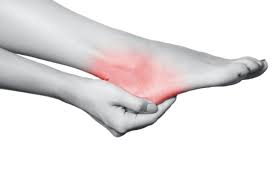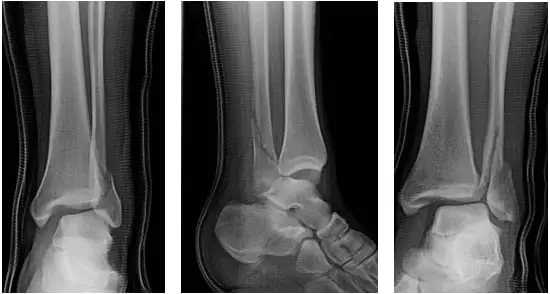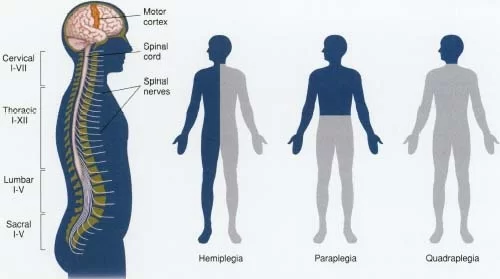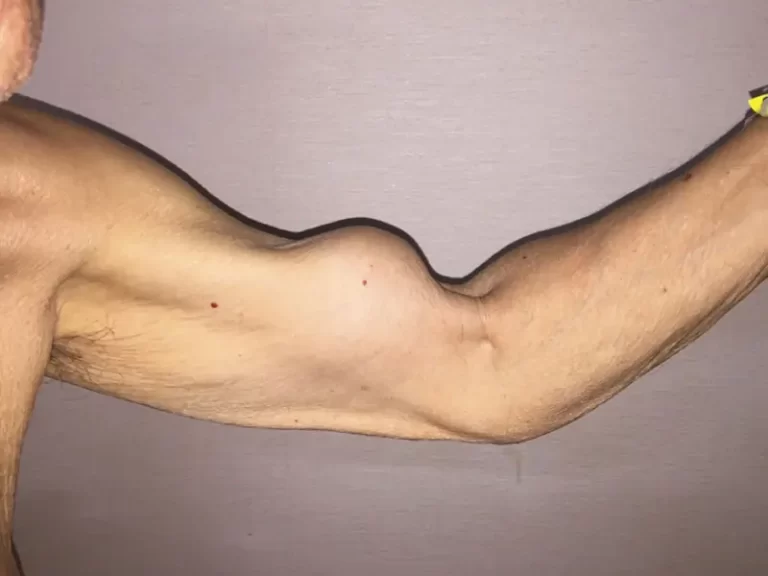When Should I Be Concernesd About Heel Pain
Introduction:
One of the most common foot problems is heel pain, which can affect everyone, from athletes to people who stand or walk a lot.
You should be concerned about heel pain and seek medical attention if it’s severe, sudden, prevents walking, lasts more than a few weeks, or is accompanied by swelling, redness, numbness, or pain at rest.
Common Causes of Heel Pain:
Achilles Tendinitis:
Overuse is frequently the source of this syndrome, particularly in runners or those who suddenly increase their activity levels.
Heel Spurs:
Bony growths called heel spurs appear on the underside of the heel bone and are frequently linked to plantar fasciitis. Depending on their size and position, they might or might not hurt.
Haglund’s Deformity:
Often referred to as a “pump bump,” this bony growth at the rear of the heel can be aggravated by specific types of shoes. It is particularly prevalent in women who wear shoes with stiff backs.
- Arthritis:
- Obesity or Excess Weight.
- Sever’s Disease (in Children).
- Stress Fractures.
- Bursitis.
- Plantar Fasciitis.
- Tarsal Tunnel Syndrome.
Normal vs. Concerning Heel Pain:
Normal Heel Pain:
- Usually caused by temporary causes, including excessive usage, inappropriate footwear, or prolonged standing.
- Rest, stretching, ice, and supportive footwear.
- Mild pain following a lengthy walk or workout is a common example.
Concerning Heel Pain:
- Pain that is severe, continuing, or getting worse, especially if it interferes with sleep or movement.
- Numbness, tingling, swelling, or bruises in the heel region.
- Pain that doesn’t go away after a few days of at-home therapy.
When to See a Doctor:
- The pain is sudden or severe.
- You experience burning, tingling, or numbness.
- It started following an accident or injury.
- Stretching, cold, and rest are ineffective home cures.
- You can’t put weight on your heel or walk comfortably.
- You are awakened by the agony at night or even when you are sleeping.
- You are more susceptible to problems if you have a history of diabetes, arthritis, or poor circulation.
See a medical expert if any of these symptoms appear so that the cause can be identified and the proper therapy can be administered.
Self-care in Heel Pain:
- Rest. Avoid doing activities that strain your heels, such as jogging, standing for extended amounts of time, or walking on hard surfaces.
- Ice for 10-20 minutes.
- New shoes. Athletes should select shoes made specifically for their sport. Change them frequently.
- Arch supports or orthotics. Pain relief can be achieved using over-the-counter arch supports.
- Pain medicines. These consist of acetaminophen (Tylenol, among others), aspirin, and ibuprofen (Advil, Motrin IB, and others).
Complications of Heel Pain:
- Chronic pain that interferes with everyday tasks.
- Changed gait (limping), which can result in back, hip, or knee pain.
- Decreased flexibility and mobility.
- Irreversible tissue injury (e.g., Achilles tendon or plantar fascia).
- Overgrowth of bone or heel spurs.
- A higher chance of instability or falls..
- Delayed recovery if ignored or untreated.
Prevention:
Maintaining outstanding foot health with appropriate footwear, frequent stretching, and avoiding overuse are all important ways to prevent heel pain. Important preventative measures include progressively increasing physical activity, keeping a healthy weight, and allowing your feet to rest.
When performing exercises, be careful to maintain good posture and refrain from going barefoot on harsh surfaces. By adopting these easy practices, you may drastically reduce your chance of developing heel pain and keep it from becoming worse over time.
Conclusion:
In summary, even though heel pain is common and frequently transient, it should not be disregarded if it intensifies, lasts longer, or gets in the way of everyday activities. By being aware of the warning signals, which include chronic pain, swelling, or trouble bearing weight, you can get medical care quickly and avoid major problems. Maintaining an active, pain-free lifestyle and ensuring long-term foot health requires early diagnosis and appropriate management.
FAQs
What should you stay away from if you have heel pain?
Additionally, choosing the right shoes is crucial if you have an injury or disease that is giving you heel pain. We highly advise against wearing thin, inexpensive flip flops that don’t support your arch and high heels that put more strain on your feet.
Does heel pain have a connection to heart issues?
Plantar fasciitis patients’ increased CRP levels raise the possibility that their chronic heel pain is not only a localized problem but rather a sign of larger systemic inflammation.
Is there a symptom of heel pain?
Obesity, poorly fitting shoes, running and leaping on hard surfaces, irregular walking patterns, traumas, and certain conditions are some of the common reasons for heel pain.
Is salt water an effective treatment for heel pain?
One cup is all that is needed for a foot bath. Epsom salt, which is magnesium sulfate, has the same natural ability to relieve inflammation as magnesium capsules.
What does a heel nerve ache mean?
Numerous conditions, such as nerve compression, inflammation, or injury, can cause heel nerve pain. Nerve compression in the foot causes frequent disorders such as tarsal tunnel syndrome and Baxter’s nerve entrapment, which can cause burning, tingling, or heel pain. Along with other neuropathic symptoms, heel pain can also be an indication of peripheral neuropathy, which is frequently linked to diabetes or other systemic disorders.
Which medication works best for heel pain?
In more extreme situations, a physician may suggest corticosteroid injections. Stretching and exercises can also help reduce heel pain, and orthotic inserts can offer support and cushioning.
What symptoms of heel pain are warning signs?
It’s important to pay attention to symptoms that appear gradually, including stiffness in the arch, trouble standing on your toes, pain after activity, and chronic heel pain.
What vitamin is the cause of heel pain?
Although there are many causes of heel pain, vitamin D insufficiency is often linked to it, particularly when it comes to plantar fasciitis and heel spurs. Additionally, problems with the nerves and skin, vitamin B12 and B3 (niacin) deficits, can also cause heel pain.
Is heel pain a symptom of diabetes?
Heel pain is indeed a symptom of diabetes. Diabetes is characterized by high blood sugar levels, which can harm the nerves and blood vessels in the feet, resulting in a number of foot issues, including heel pain. Furthermore, diabetes may worsen other conditions, including Achilles tendonitis and plantar fasciitis, which are prominent causes of heel pain.
How long does heel pain last?
Walking and using your foot are uncomfortable due to this inflammation. If your foot or heel pain has been chronic for longer than a week, see a doctor.
Does uric acid cause heel pain?
Although it’s not the most frequent reason, uric acid accumulation in the body, especially gout, can result in heel pain.
References:
- Heel pain: When to see a doctor. (n.d.). Mayo Clinic. https://www.mayoclinic.org/symptoms/heel-pain/basics/when-to-see-doctor/sym-20050788
- Professional, C. C. M. (2025b, May 22). Heel pain. Cleveland Clinic. https://my.clevelandclinic.org/health/symptoms/heel-pain
- Pa-C, T. B. (2025, June 24). 10 causes of heel pain and when to see a doctor | Raleigh Orthopaedic. Raleigh Orthopaedic. https://www.raleighortho.com/blog/foot-and-ankle/10-heel-pain-causes-and-when-to-see-a-doctor-part-1/
- When should I be concerned about heel pain. (n.d.). Orthopaedic & Spine Center of the Rockies. https://www.orthohealth.com/when-should-i-be-concerned-about-heel-pain/







